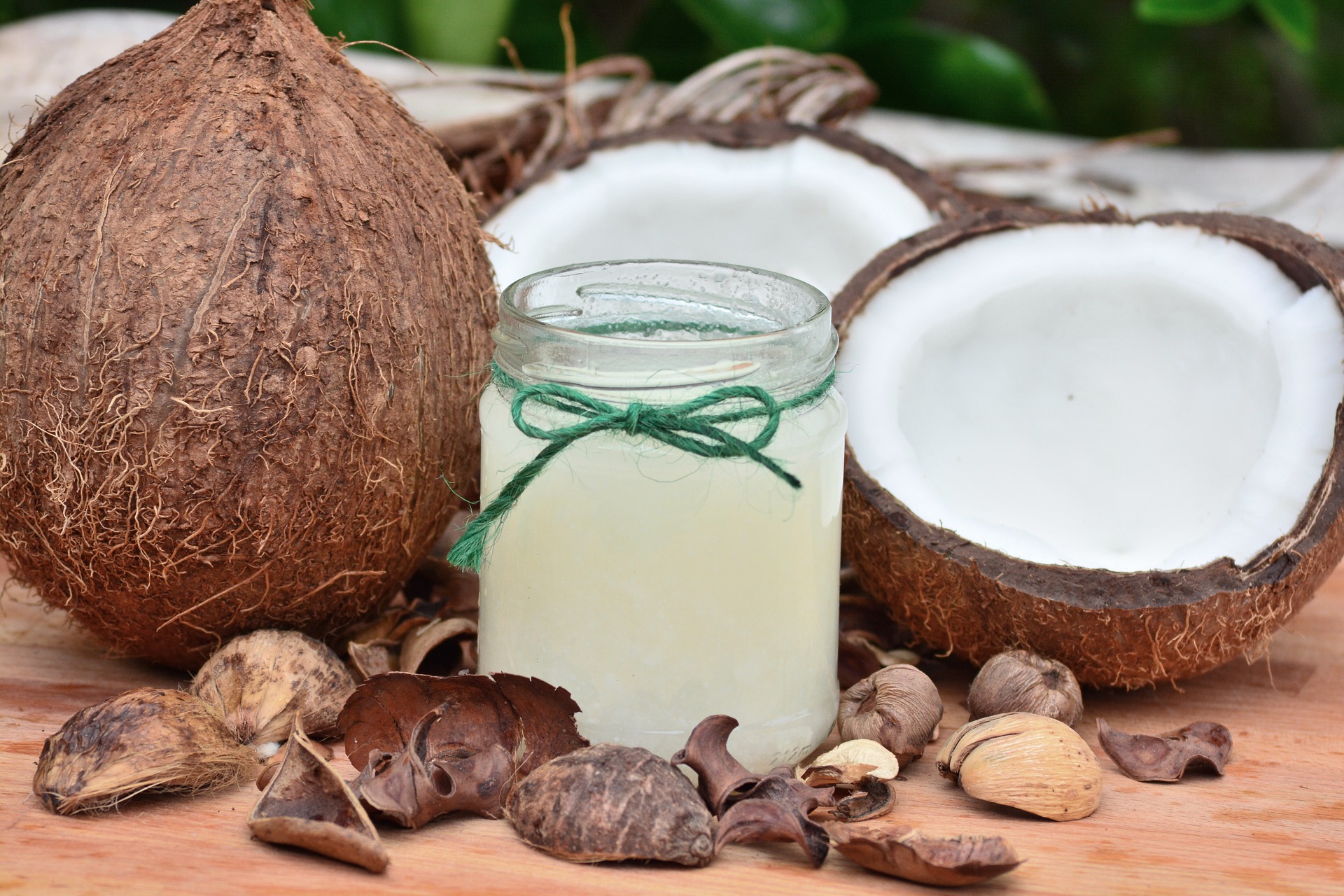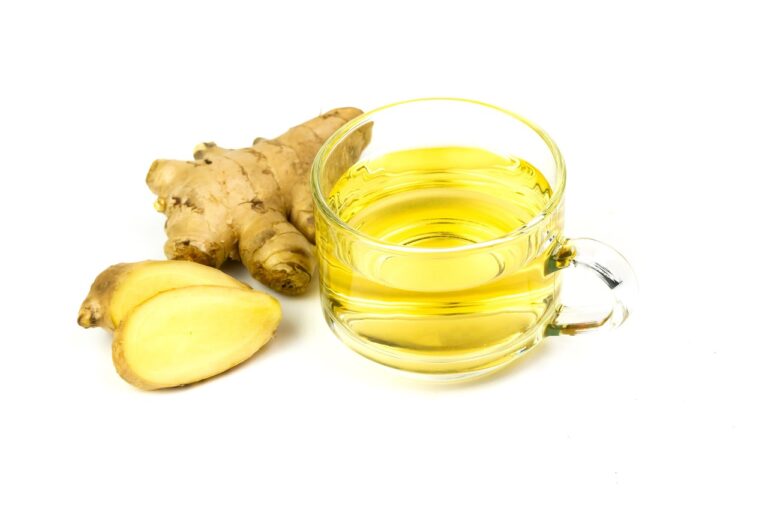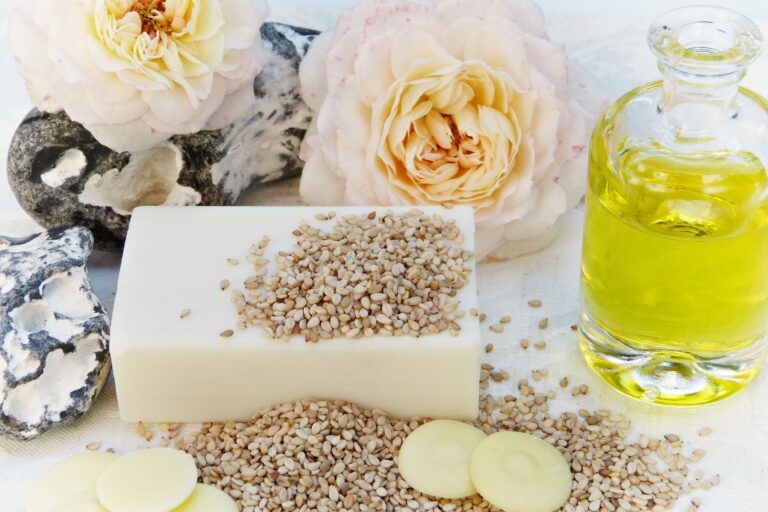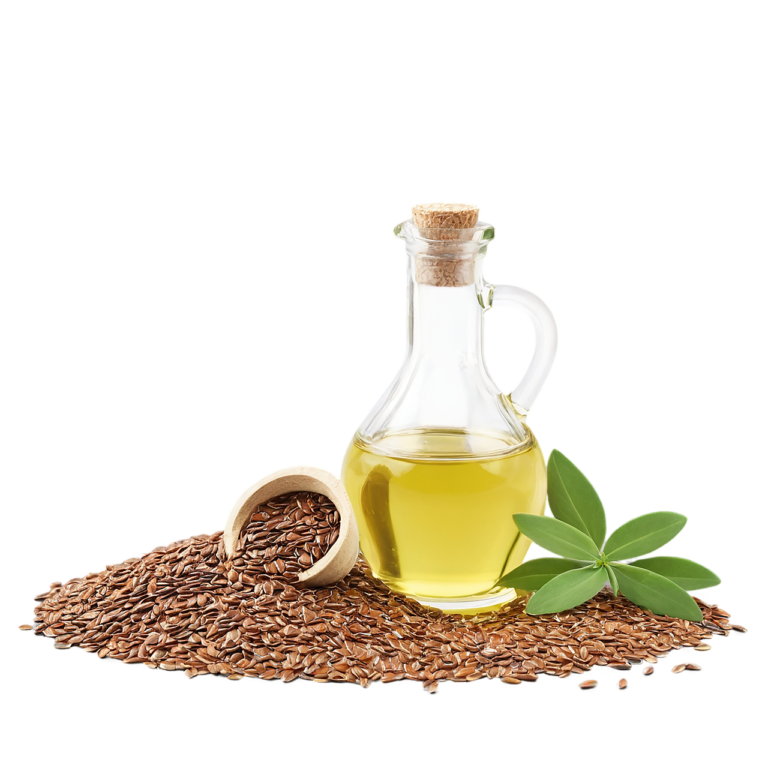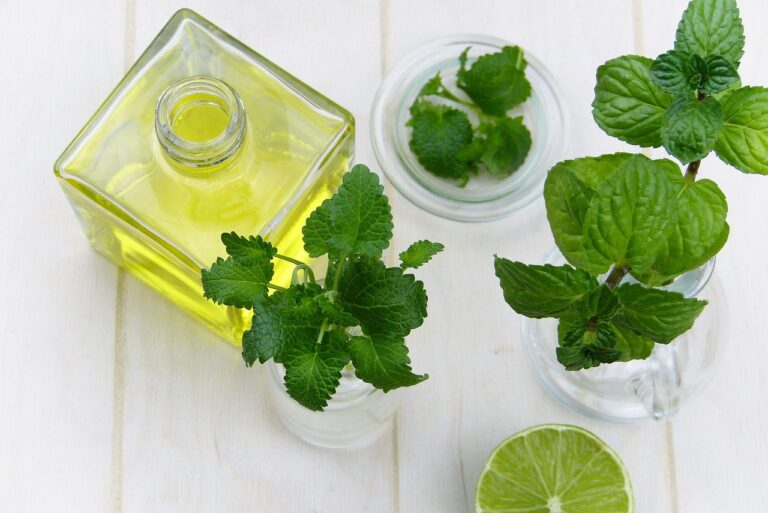Coconut Oil – Nature’s Miracle: Benefits, Uses, and Surprising Truths
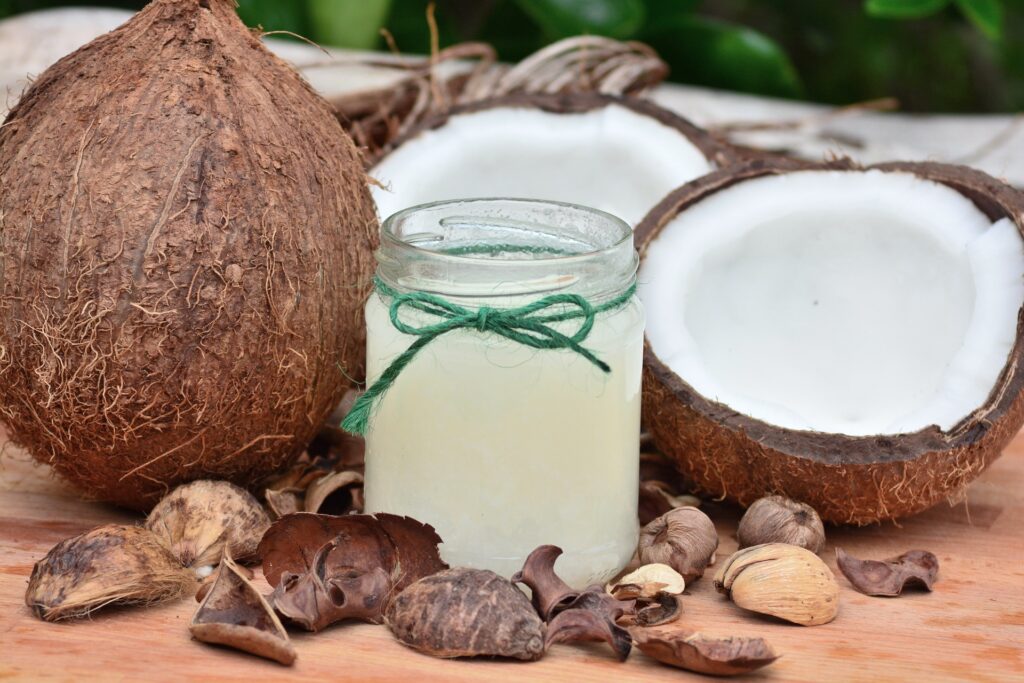
The Jar in Your Pantry That Does It All
You know that moment when you’re rummaging through your kitchen cabinets and spot that trusty jar of coconut oil? Half-used for cooking, a dab missing for your skin, maybe even a little swiped for your hair last weekend. It’s the ultimate multitasker—but is it really as miraculous as everyone claims?
For centuries, tropical cultures have relied on coconut oil as a cure-all—from healing wounds to whipping up delicious meals. Yet today, you’ll find conflicting advice everywhere. Some call it a “superfood,” while others warn about its saturated fat content. So, what’s the real deal?
This guide cuts through the noise. You’ll discover:
- The truth about coconut oil’s health benefits (and what’s just hype)
- Simple ways to use it in your kitchen, beauty routine, and home
- When to choose it—and when to skip it
By the end, you’ll know exactly how to make coconut oil work for you—no guesswork required.
What Is Coconut Oil? From Tree to Jar
How Coconut Oil Is Made
Not all coconut oils are created equal. Here’s how they differ:
- Virgin (Unrefined) Coconut Oil
- Made from fresh coconut meat (not dried)
- Cold-pressed to preserve nutrients and flavor
- Has a distinct coconut aroma and taste
- Refined Coconut Oil
- Made from dried coconut (copra)
- Bleached and deodorized for neutral flavor
- Higher smoke point—better for frying
- Fractionated Coconut Oil
- Processed to remove long-chain fatty acids
- Stays liquid at room temperature
- Odorless and lightweight (ideal for skincare)
Which Type Should You Choose?
| Type | Best For | Smoke Point |
|---|---|---|
| Virgin | Skin care, low-heat cooking | 350°F (177°C) |
| Refined | Frying, baking | 400°F (204°C) |
| Fractionated | Massage oils, serums | N/A (never solidifies) |
Pro Tip: For maximum health benefits, opt for organic, cold-pressed virgin coconut oil.
Coconut Oil Benefits: Science-Backed Reasons to Use It
1. Health Benefits (The Good and the Controversial)
✔ The Pros
- May Boost Metabolism – Its MCTs (medium-chain triglycerides) are quickly absorbed and burned for energy. (Study: Journal of Obesity)
- Antimicrobial Power – Lauric acid fights bacteria, viruses, and fungi—great for oral health (oil pulling) or minor cuts.
- Supports Brain Health – Early research suggests MCTs might help with memory in Alzheimer’s patients.
⚠ The Catch
- High in Saturated Fat (90%) – The American Heart Association recommends limiting it due to potential heart risks.
- Calorie-Dense – At 120 calories per tablespoon, overdoing it can lead to weight gain.
Bottom Line: Small amounts may offer benefits, but don’t treat it as a “health food.”
2. Beauty & Skincare Superstar
- Deep Moisturizer – Penetrates hair and skin better than mineral oils. (Dermatology Research, 2018)
- Makeup Remover – Melts away stubborn mascara without harsh chemicals.
- DIY Lip Balm – Mix with beeswax for a natural alternative.
Try This Overnight Hair Mask:
| Ingredients | Instructions |
|---|---|
| 2 tbsp coconut oil, 1 tbsp honey | Warm slightly, apply to damp hair, cover with a shower cap, rinse in the morning. |
3. Surprising Household Uses
- Sticky Stuff Solver – Removes gum, labels, and even glue residue.
- Wood Polish – Restores shine to furniture (buff with a soft cloth).
- Homemade Deodorant – Mix with baking soda and arrowroot powder.
How to Use Coconut Oil Wisely
In Your Kitchen
✅ Do:
- Bake with it – Adds richness to vegan desserts.
- Sauté veggies – Perfect for curries and stir-fries.
- Bulletproof Coffee – Blend a teaspoon into coffee for creamy energy.
❌ Don’t:
- Deep-fry with virgin oil – Its low smoke point can create harmful compounds.
In Your Beauty Routine
- For Dry Skin? Apply a thin layer after showering.
- Acne-Prone? Skip it—it’s comedogenic (pore-clogging for some).
For Pets?
- Small amounts (1/4 tsp daily) can help dogs’ coats—but check with your vet first.
Debunking Coconut Oil Myths
❌ “It’s a Heart-Healthy Butter Substitute.”
- Fact: While it may raise HDL (“good” cholesterol”), its high saturated fat content isn’t ideal for heart health.
✅ “It Helps with Weight Loss.”
- Partly True: MCTs may slightly boost metabolism, but it’s still high in calories.
Potential Downsides
⚠️ Watch For:
- Breakouts – If you’re prone to acne, patch-test first.
- Digestive Issues – Too much can cause diarrhea.
The Verdict: Should You Use Coconut Oil?
✔ Keep it for:
- Skin and hair hydration
- Low-heat cooking
- Natural household hacks
✖ Avoid it for:
- Replacing healthier oils (like olive oil) daily
- Oily or acne-prone skin
Final Tip: Buy organic, unrefined for the purest quality.
FAQs About Coconut Oil
1. Is coconut oil good for your hair?
Yes! It reduces protein loss and adds shine—especially for dry or damaged hair.
2. Can I cook with coconut oil every day?
In moderation. Its saturated fat content means it shouldn’t be your only oil.
3. Does coconut oil expire?
Lasts 2-3 years if stored away from heat and sunlight.
4. Is it antibacterial?
Yes. Lauric acid fights infections—great for minor cuts or fungal issues.
Your Turn: Experiment and Share!
Now that you know the facts, why not put coconut oil to work? Try:
- Whipping up a batch of coconut oil chocolate bark
- Making a soothing skin balm
- Using it to silence a squeaky door hinge
Which use will you try first? Tag us in your coconut oil experiments! 🥥

